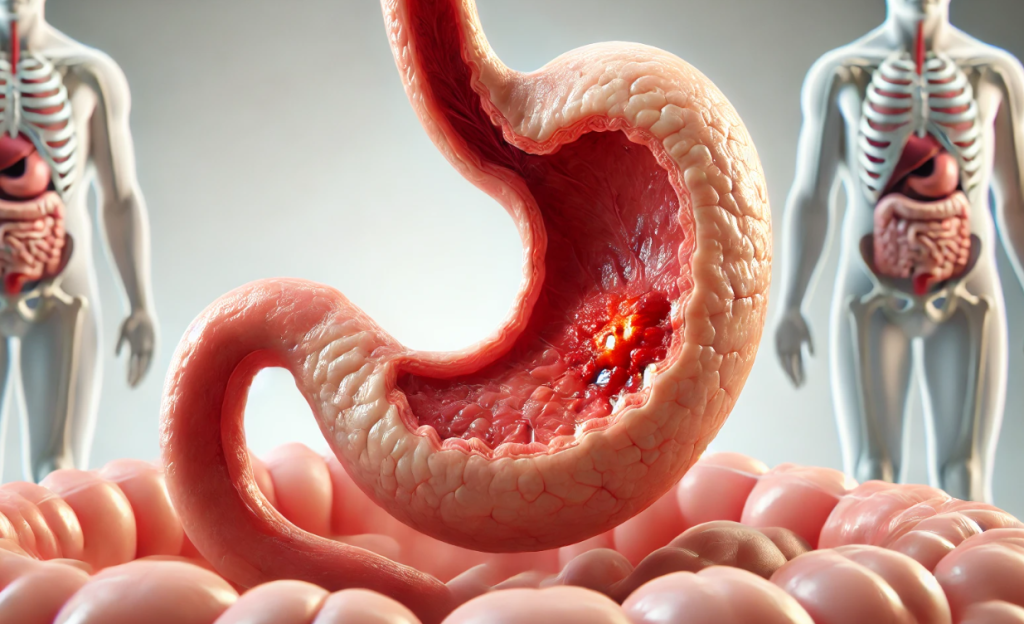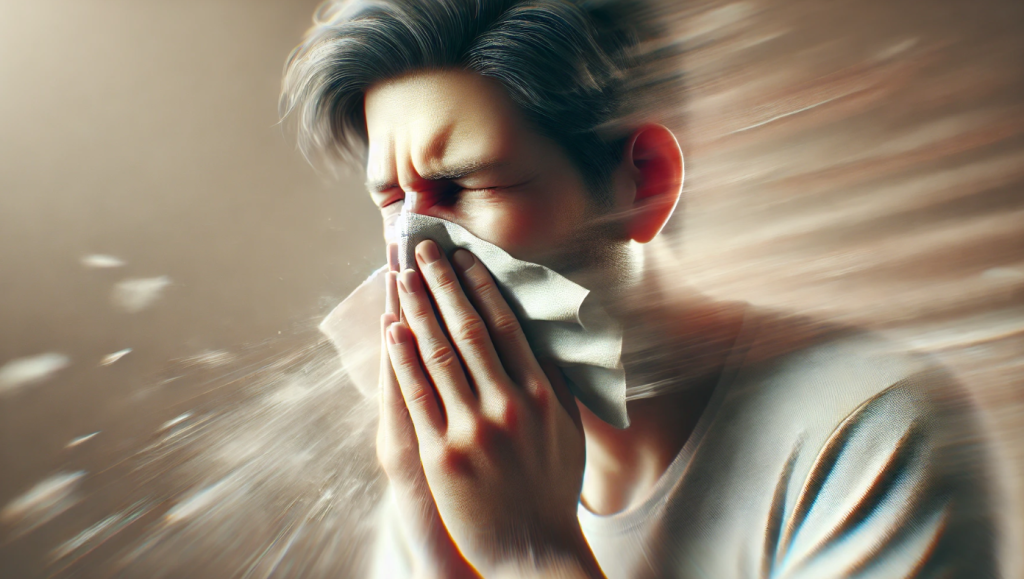Posted inSkin Diseases
Treatment of Dermatitis
Dermatitis is an inflammatory skin condition caused by various factors, such as allergens, irritants, or genetic predisposition. Treating dermatitis requires a comprehensive approach, including eliminating triggers, using medications, and proper skincare. This article outlines the main treatment methods. Main Types of Dermatitis Before starting treatment, it's important to identify the type of dermatitis: Atopic dermatitis — a chronic condition often…























